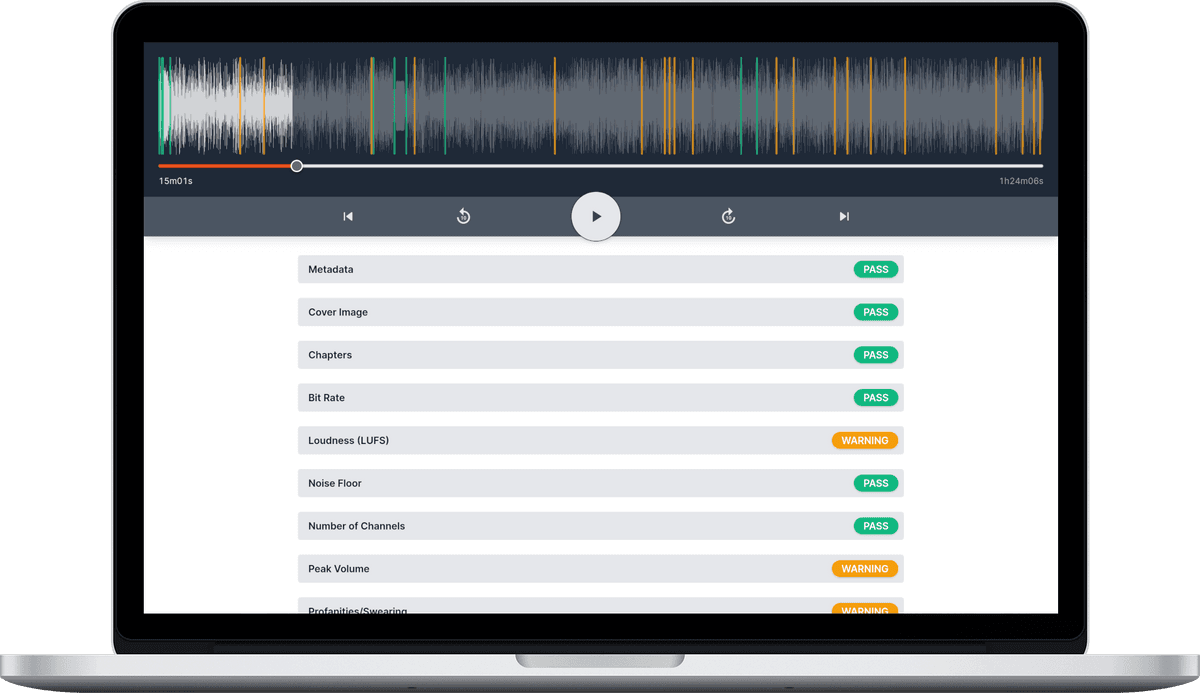Maximizing Your Podcast's SEO to Increase Discoverability
![]() Damian Moore, Last updated: 18 May 2023
Damian Moore, Last updated: 18 May 2023
As a podcaster, it’s important to make sure your show is easy for potential listeners to discover. One way to do this is by optimising your podcast’s SEO (search engine optimization).
SEO is a technique that has been growing since the first search engines hit the scene in the mid 1990s and the web was almost entirely text. Even today search engines still mostly feed off text content so it’s important that your audio-only show is surrounded by content that is digestible. Visitors (or listeners in our case) that come from unpaid search engine results are referred to as organic and have a high value (and are free to acquire). It is a bit of a mystery as to why a search engine places one result above another but generally the more data you can provide about your show on the web, the better. By practising good content techniques consistently over a series of months, you should gradually start to see more traffic and this can really compound.
By following a few simple strategies, you can improve your podcast’s visibility and increase its chances of being discovered. Some of these you can set up and forget, others you’ll want to build into your publishing workflow. Lets get on with the tips…
- Use keywords in your podcast’s title and description: When people search for podcasts on platforms like Apple Podcasts or Spotify, they often use keywords to find shows that are relevant to their interests. By including relevant keywords in your podcast’s title and description, you can improve your chances of being discovered by potential listeners. You don’t want to overdo it with “keyword stuffing” but try to have the keyword in there that you think will be most searched for. Google’s Trends can help you see how keywords compete. A Thesaurus may also help you find alternatives.
- Use tags and categories: Many podcast platforms allow you to tag your episodes with keywords or place them in categories to help people find your show. Be sure to use tags and categories that are relevant to your content and target audience. Someone who’s already listening to a similar show will often be shown other shows that have matching tags.
- Optimise your episode titles: Just like with your podcast’s title and description, it’s important to include relevant keywords in your episode titles to help people find your show. Be sure to use keywords that accurately reflect the content of your episode. For this reason, it makes sense to not just call your show “#173” but maybe “#173: No Time for Nuclear, Indoor Air Pollution and Heat Pump Giveaway”.
- Use a consistent naming convention: It’s important to use a consistent naming convention for your episodes to help search engines understand the content of your show. For example, you might use a numbering system or include the episode title and date in the file name.
- Embed metadata in your audio files: One thing that many people may not know about podcast SEO (search engine optimization) is the importance of metadata. Metadata is information about your podcast that is embedded in the audio file and used by search engines to understand the content of your show. The titles, tags, etc. described above can be embedded in the audio file as well as extra fields like chapters, web address, cover art and copyright info. All this increases the chances that your podcast will appear in other places and people will always know where to find more. If you run your audio through Audio Audit then it will show you what metadata you are currently including and areas where you’re lacking.
- Run your own website: There’s no substitute for having your own site running on your own domain. It shows potential listeners and search engines that you’re serious. You also have unlimited freedom in how much content you can present, brand your show, and add ancillary content like blog posts.
- Transcribe your episodes: This is a great way to generate lots of search-engine-friendly text content from your existing audio content. With AI (artificial intelligence) improvements in the past few years, many podcast platforms allow you to automatically transcribe your show audio. Audio Audit produces a transcription automatically within a few minutes while it analyses your show for any other quality issues. You should also check as your podcast hosting platform may also have an option to produce these. There are additional benefits than just SEO too — it can be a great way to make your content more accessible to people with disabilities. By including a transcript, you can also make it easier for people to find specific sections of your episodes.
- Use social media to promote your podcast: In addition to optimising your podcast’s SEO, it’s also important to promote your show on social media. Share links to your episodes on platforms like Twitter and Facebook, and consider using hashtags to help people discover your show. Aside from the discovery aspects of social media, it is thought that social media presence influences how search engines assign reputation to a site.
- Use a podcast hosting service: A podcast hosting service can help you distribute your show to multiple platforms and track your performance. Many hosting services offer tools to help you optimise your podcast’s SEO, such as automatically generated transcripts (detailed above) and customisable tags and categories.
- Submit your podcast to directories: There are many online directories that allow you to submit your podcast for inclusion. Some popular options include Apple Podcasts, Spotify, and Google Podcasts. By submitting your show to these directories, you can make it easier for people to find your podcast and improve your discoverability.
- Collaborate with other podcasters: Collaborating with other podcasters can be a great way to increase your reach and expose your show to a new audience. By guesting on other podcasts or doing cross-promotion with other shows, you can expose your show to a new audience and improve your discoverability. The basis for the PageRank algorithm used by Google, assigns high importance to a site if it is linked to by other other important sites. If you’ve been a guest on someone else’s podcast you’ll want them to link to your site from their show notes.
By following these tips, you can improve your podcast’s SEO and increase its chances of being discovered by potential listeners. With a little effort, consistency and patience, you can make it easier for people to find your show and grow your audience.

Photo credits: William Bout, Georgia de Lotz

